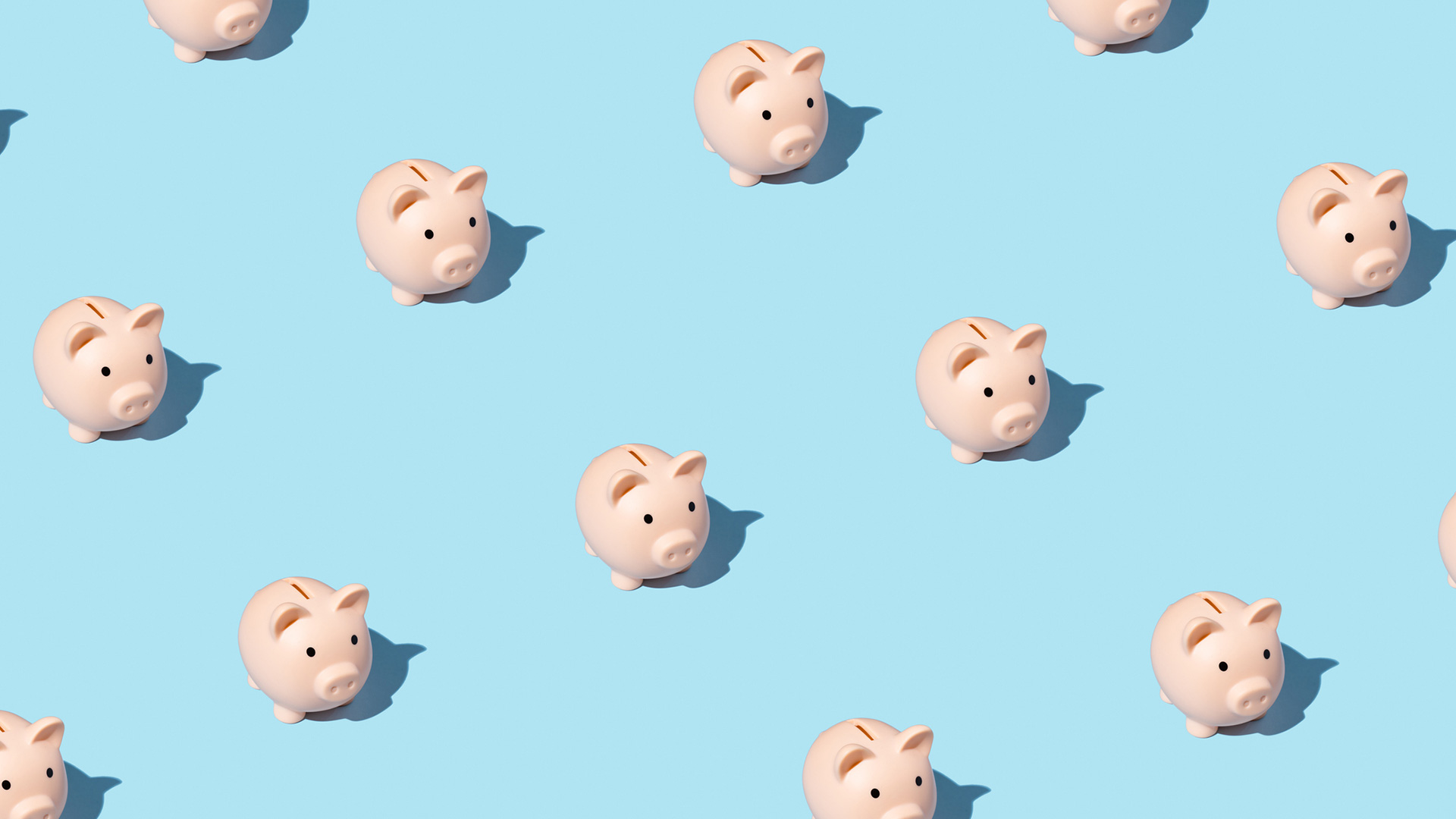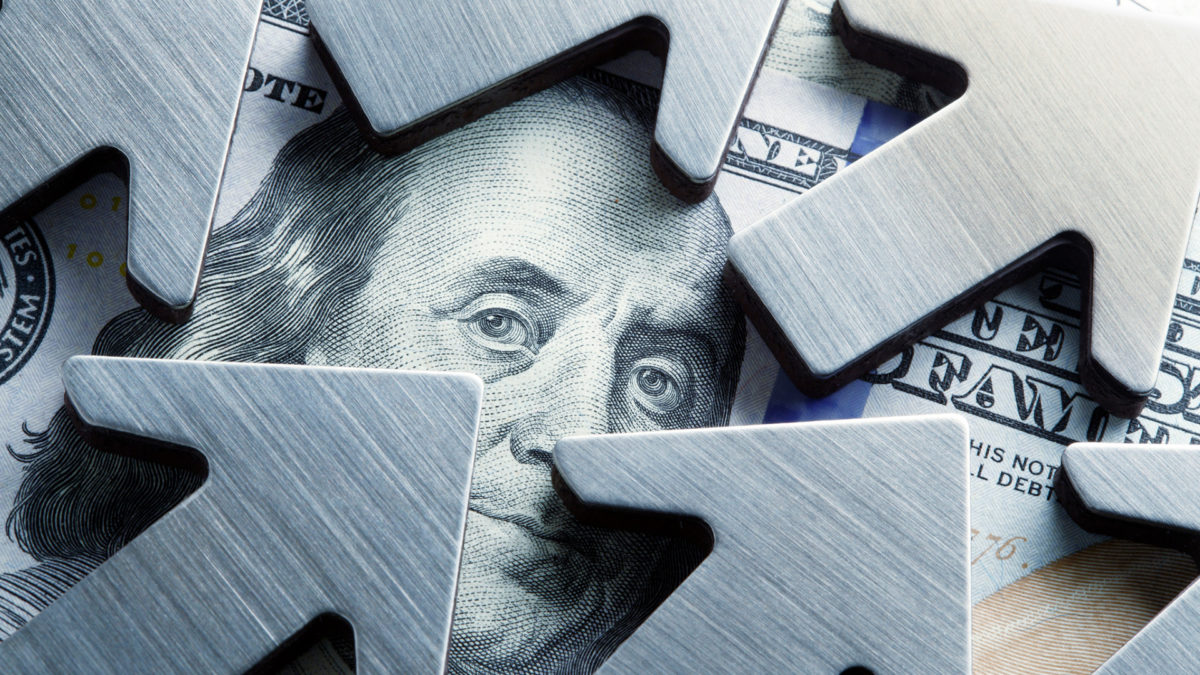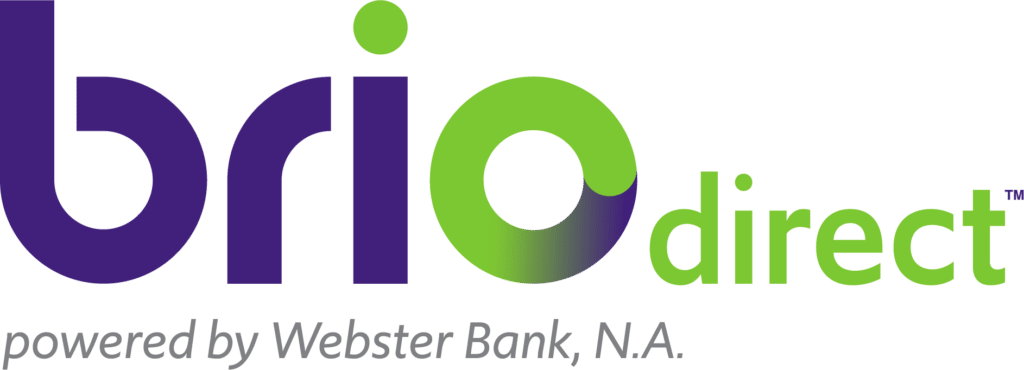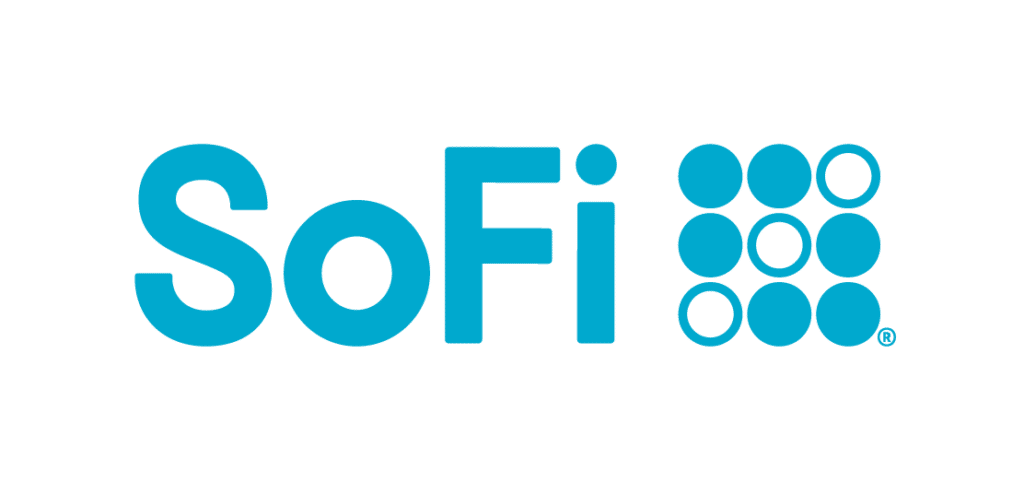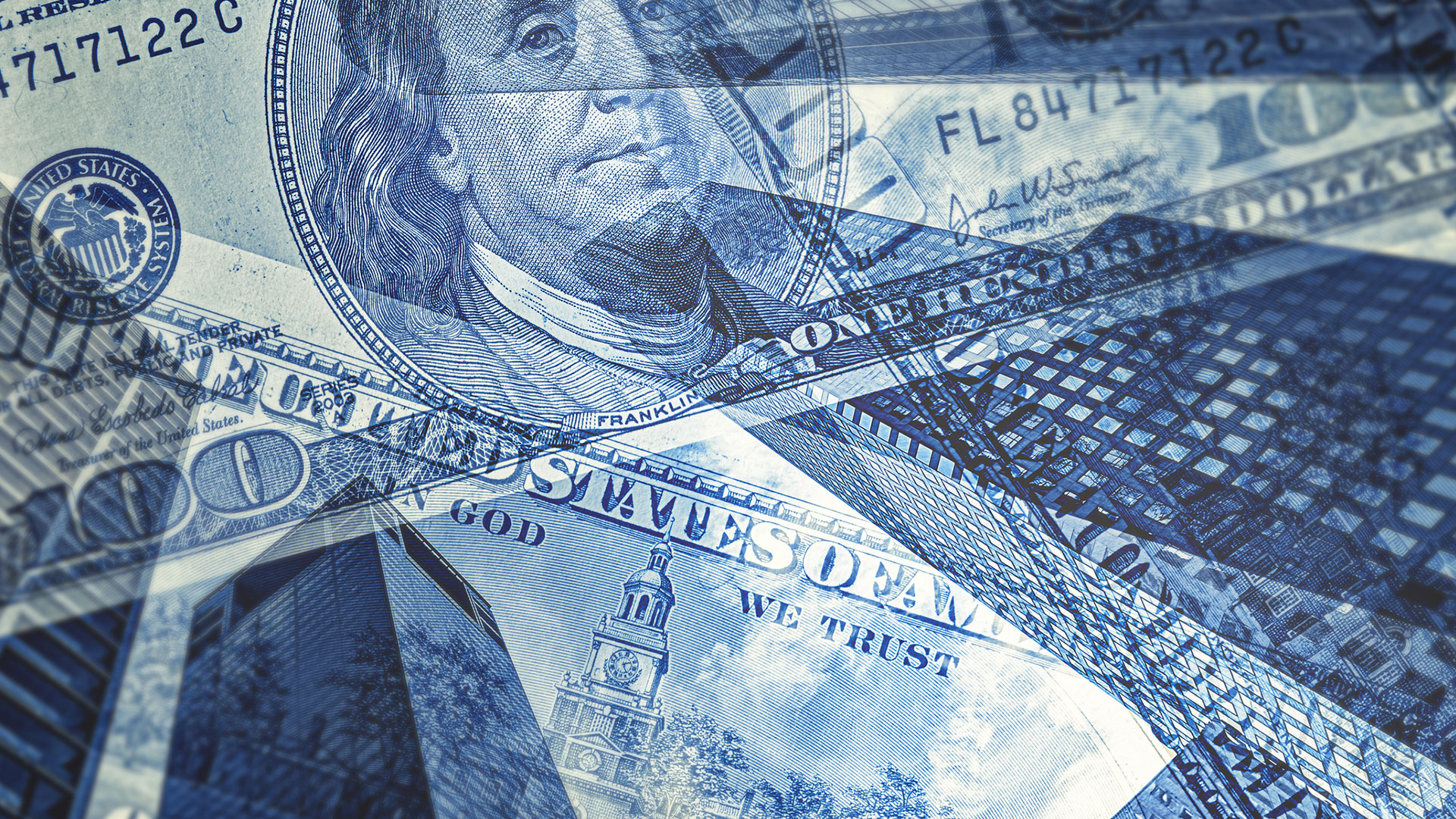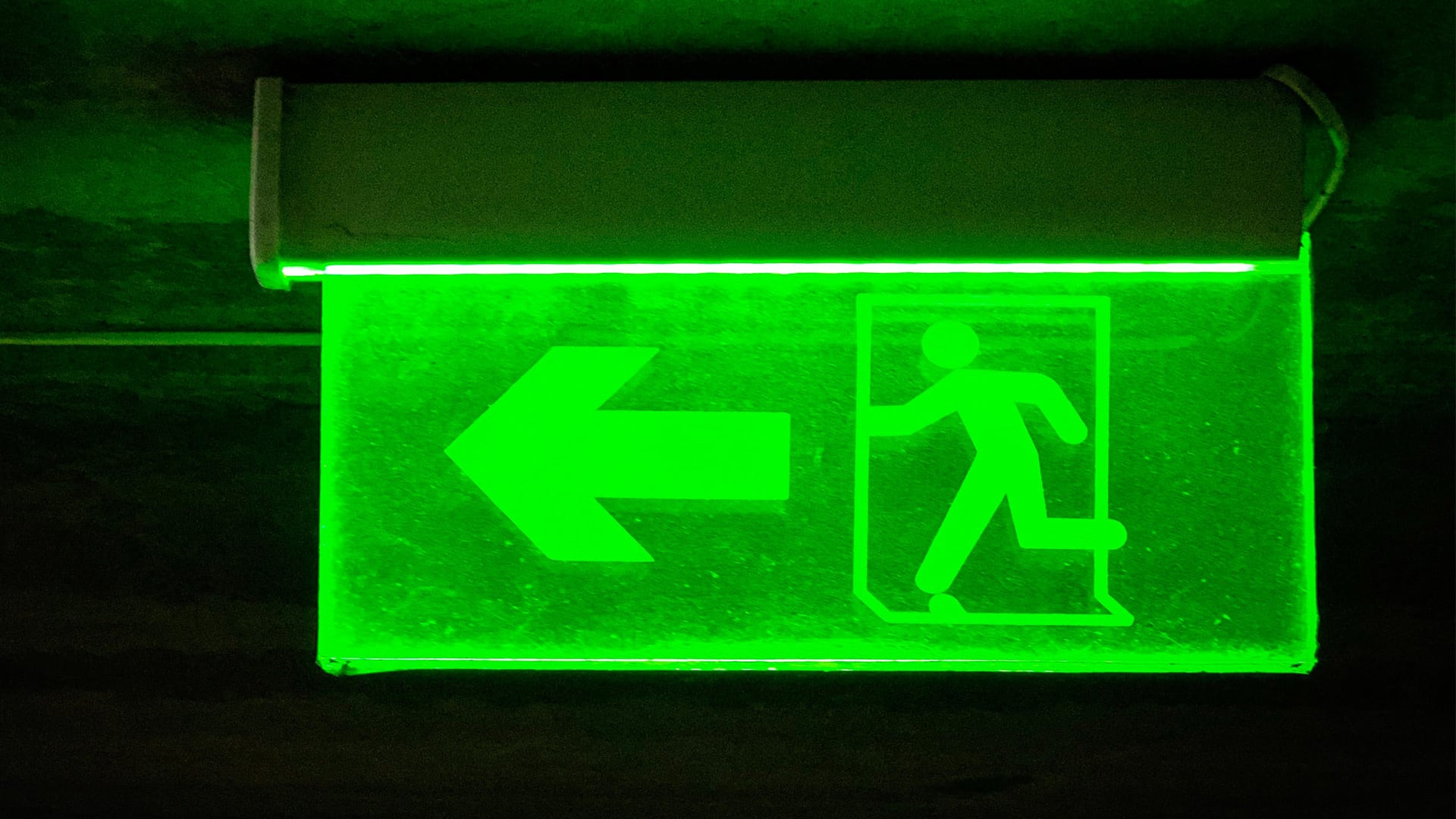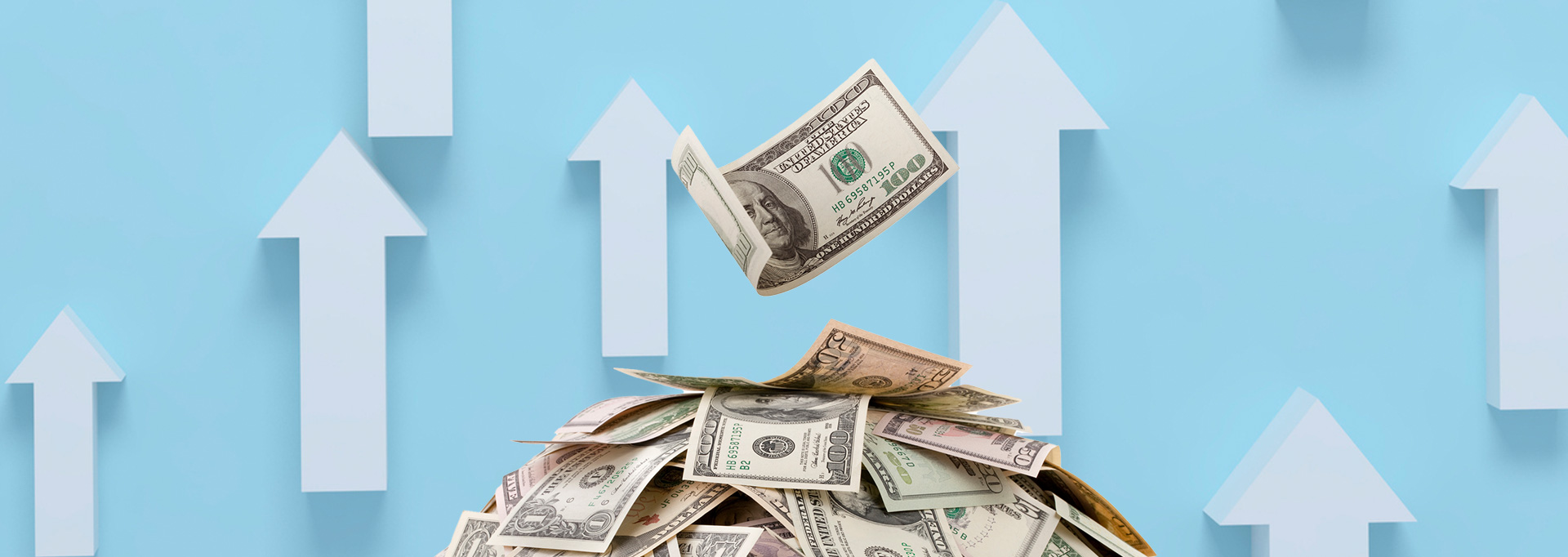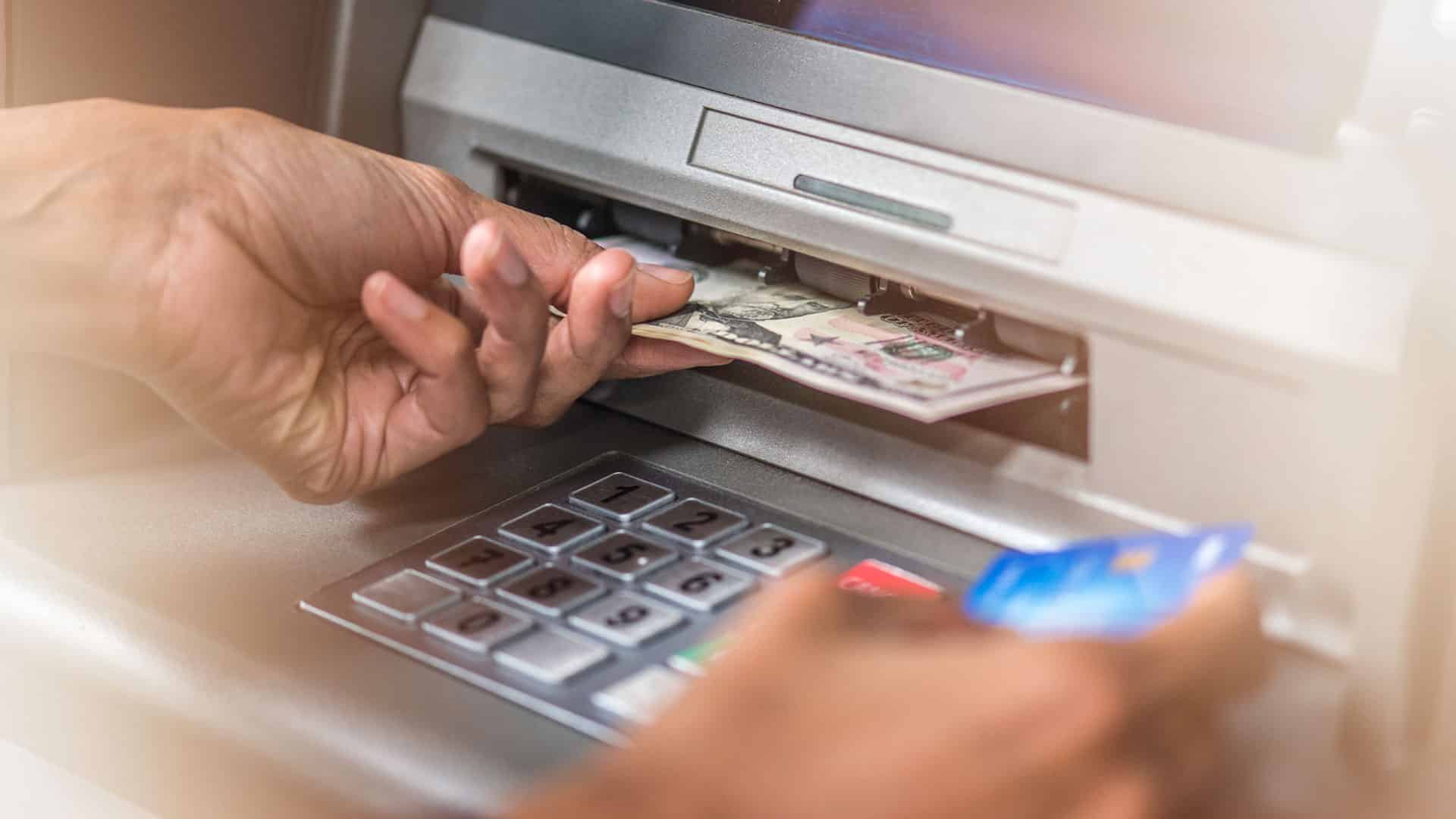Most products on this page are from partners who may compensate us. This may influence which products we write about and where and how they appear on the page. However, opinions expressed here are the author's alone, not those of any bank, credit card issuer, airline or hotel chain.
One of the easiest and most effective ways to save money is to keep it in a savings account. These interest-bearing bank accounts can help keep earmarked money separate from everyday spending and move you closer to your financial and life goals. Here's a closer look at savings accounts, how they work and their benefits as part of your
What Is a Savings Account?
A savings account is a bank account offered by most banks and credit unions. Most savings accounts are interest-bearing accounts, meaning you earn interest on the account balance as you deposit funds into your account.
Savings accounts are federally insured, either by the Federal Deposit Insurance Corp (FDIC) for banks or the National Credit Union Administration (NCUA) for credit unions, up to $250,000 per
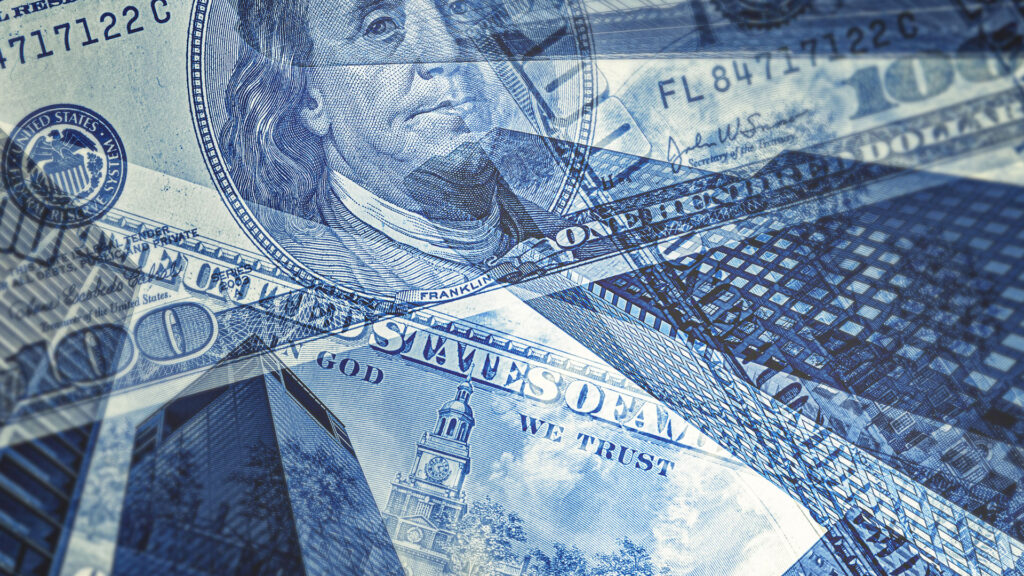 Related Article
Related Article
Best High-Yield Savings Accounts (July 2024)
How Do Savings Accounts Work?
Savings accounts are deposit accounts meant for holding money you don't plan to spend immediately. Unlike a checking account, which is designed for everyday use, a savings account is meant to be left untouched unless needed.
Earning Interest
When you deposit money into a savings account, your financial institution pays you interest to keep those funds deposited. The bank uses deposited funds to lend to other customers and, in return, compensates you with interest earned on your account balance. Interest rates and annual percentage yields, or APYs, can vary greatly between different banks. APY is the percentage of interest paid based on the account's interest rate and its
Some financial institutions, like your local bank or national banks, typically offer interest rates closer to the national average, which is just 0.46% as of April 2024 (according to the FDIC). Online banks and credit unions tend to offer higher APYs, often 3.00% APY or higher. Some savings accounts earn tiered interest rates based on your monthly account balance.
Minimums and Fees
Some banks may require a minimum deposit to open a savings account or keep a minimum monthly balance to avoid paying monthly service fees. Not all banks and credit unions charge a monthly fee, and many will waive the fee if you meet specific account requirements. Paying bank fees can cut into the savings earned from interest on the account e
Making Withdrawals
Savings accounts keep your money accessible, although some financial institutions may limit the number of withdrawals you can make. Federal Reserve Board Regulation D used to limit savings accounts to six withdrawal transactions per month. In 2020, the Fed announced an interim rule giving banks and other financial institutions the ability to lift withdrawal restrictions. Some banks choose to still enforce limits and may charge an excess withdrawal fee if you go over the limit in
Recommended High-Yield Savings Accounts
| Bank Account | APY | Features | Learn More |
|---|---|---|---|
|
|
5.30%
*Annual Percentage Yield (APY) is accurate as of 6/4/2024. Rate is subject to certain terms and conditions. You must deposit at least $5,000 to open your account and maintain $25 to earn the disclosed APY. Rate and APY may change at any time. Fees may reduce earnings. |
$5,000 min. deposit |
Open Account |
|
|
5.15%
UFB Direct breaks balances into five tiers, but, currently, there is only one interest rate. |
No minimum deposit |
Open Account |
|
Member FDIC |
0.50% - 4.60%
SoFi members with Direct Deposit or $5,000 or more in Qualifying Deposits during the 30-Day Evaluation Period can earn 4.60% annual percentage yield (APY) on savings balances (including Vaults) and 0.50% APY on checking balances. There is no minimum Direct Deposit amount required to qualify for the stated interest rate. Members without either Direct Deposit or Qualifying Deposits, during the 30-Day Evaluation Period will earn 1.20% APY on savings balances (including Vaults) and 0.50% APY on checking balances. Interest rates are variable and subject to change at any time. These rates are current as of 10/24/2023. There is no minimum balance requirement. Additional information can be found at http://www.sofi.com/legal/banking-rate-sheet. |
No minimum deposit |
Open Account |
|
|
5.00%
Earn 5.00% APY on balances over $5,000. Balances of less than $5,000 earn 0.25% APY. Annual Percentage Yield is accurate as of May 6, 2024. Interest rates for the Platinum Savings account are variable and subject to change at any time without notice. |
$100 minimum deposit |
Open Account |
The Benefits of Savings Accounts
There are several reasons to keep money in a savings account. Here are some of the benefits of savings accounts:
- Higher APYs: Savings accounts typically earn more interest than checking accounts. High-yield savings accounts offer comparable APYs to other savings vehicles like certificates of deposit (CDs) and money market accounts.
- Accessibility: For the most part, savings accounts are accessible if you need to use your funds. Even at financial institutions with withdrawal limits, your money is more accessible than it would be in a CD.
- Separation: Savings accounts allow you to set aside funds for future use. By keeping funds earmarked for savings goals or emergencies in a separate account, it ensures those funds aren't used for everyday expenses.
- Protection: Deposits in a savings account are protected by the FDIC or NCUA up to $250,000 per depositor, per account ownership category. That means your deposits are protected up to certain limits if your
financial situation fails.
 Related Article
Related Article
5 Low-Risk Ways to Earn More Money On Savings
Types of Savings Accounts
There are different types of savings accounts for different banking needs. Here's a look at some of the common types of savings accounts you might find at a bank or credit union:
- Traditional savings account: A traditional savings account is a basic savings account typically available at local brick-and-mortar banks and usually has lower interest rates.
- High-yield savings account: High-yield savings accounts (HYSAs) are known for offering more competitive APYs. You generally find HYSAs at online banks and some credit unions. In addition to higher APYs, these accounts are known for having fewer fees than other accounts due to online banks having lower overhead costs than traditional banks.
- Certificates of deposit: Banks typically pay higher interest rates on CDs than other bank accounts in exchange for leaving deposits untouched for a predetermined period. CD terms range from as short as a week to up to five years or longer.
- Money market accounts: Also called MMAs, these hybrid accounts combine the features of a savings account and a checking account. MMAs usually come with competitive rates and checking features like a debit card or check-writing privileges.
- Kid or teen savings accounts: Some banks offer savings accounts for children, teens or college students. Some are custodial accounts—joint accounts for minors managed by a parent or guardian until they reach a specific age. These accounts often include features that appeal to parents, like parental controls, joint account management, financial literacy features and few or no
bank fees.
Reasons to Use Savings Accounts
The decision on where to keep your money is important. Here are some reasons to consider using a savings account as part of your money management system:
- Save toward goals: A savings account can help you set money aside apart from your everyday spending fund for specific goals. They're great vehicles to save for upcoming travel, a child's education expenses, a down payment and other goals.
- Emergencies: An emergency fund protects you when disaster strikes or unexpected expenses occur. Since an emergency fund should sit untouched except for emergencies, keeping it in a savings account allows you to take advantage of interest earnings to grow the fund further.
- Keep your money safe: Not only are deposits to savings accounts protected through the FDIC or NCUA but keeping your money in a savings account is safer than carrying cash or keeping savings mixed with your
everyday spending.
Potential Drawbacks of Savings Accounts
Savings accounts offer several benefits, but they aren't perfect. There are also disadvantages to opening a savings account in some situations. Consider the following factors before opening a savings account:
- Variable interest rates: Savings accounts carry variable interest rates, meaning they can raise or lower limits at any time. The rate you received when you first opened the account could be lowered eventually, earning you less interest on your account balance.
- Withdrawal restrictions: Some banks charge an excessive withdrawal fee for exceeding monthly withdrawal limits. Most checking accounts don't carry transaction limits.
- May not keep up with inflation: If your savings account earns less than the inflation rate, you will eventually lose purchasing power.
Bottom Line
In an economic climate with so many financial uncertainties, it's more important than ever to set money aside for the future. Savings accounts are a powerful tool that can help you accomplish this, and in many cases you can find a quality savings account that won't charge you a monthly maintenance fee.
Hassle-free savings solutionsExplore the Best Savings Accounts
Visit the Marketplace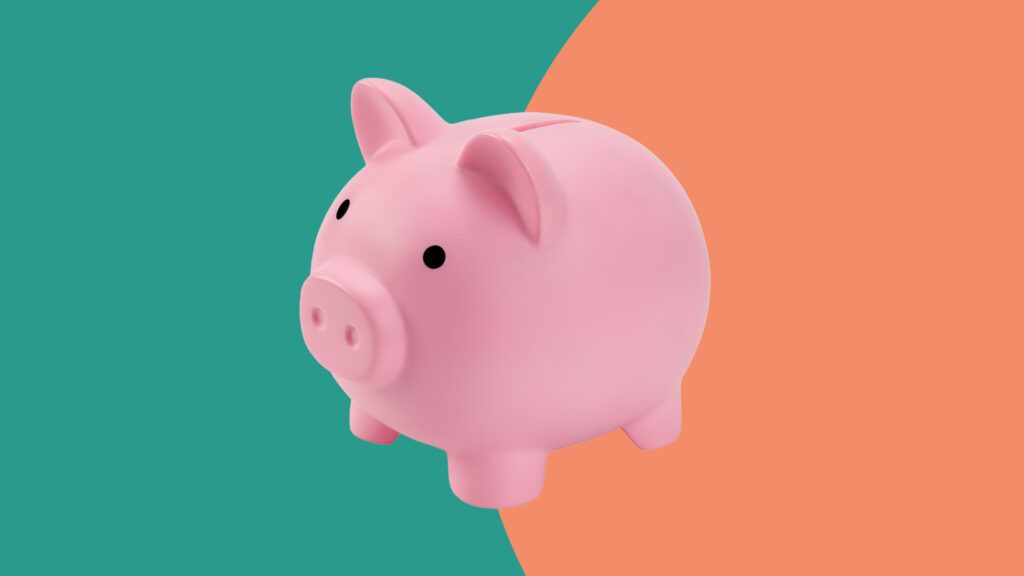
Whether you're just starting out on your financial journey or working to further bolster your financial stability, the odds are good that you'll benefit from having a savings account open. Even if you can only put a little money in it at first, you'll still earn more interest on it than you would by leaving it in a checking account.




